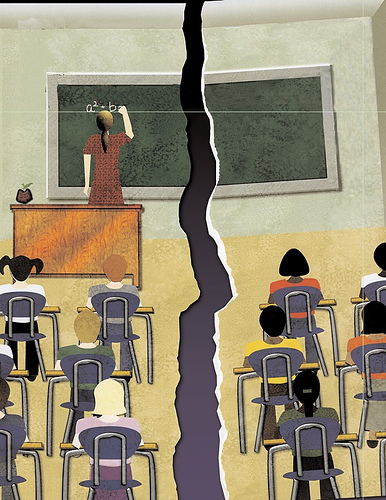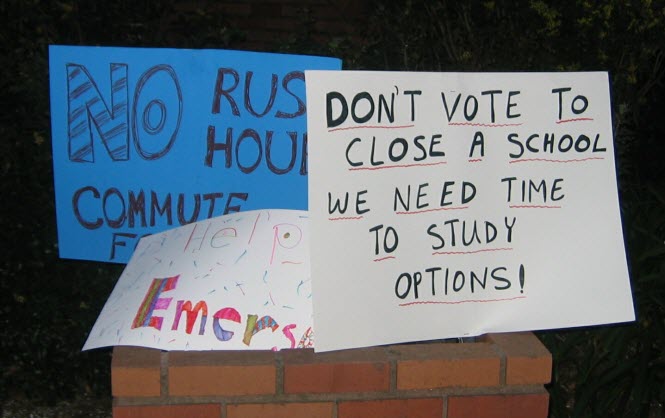VANGUARD VIEW: Measure E Passes, But It’s Time To Address Key Issues in Davis
 In 2007, 2008, 2011 and now twice in 2012 the voters in Davis have stepped up to support quality education. Some people want to suggest that Measure E was a nailbiter. It wasn’t a nailbiter.
In 2007, 2008, 2011 and now twice in 2012 the voters in Davis have stepped up to support quality education. Some people want to suggest that Measure E was a nailbiter. It wasn’t a nailbiter.
As Richard Harris told me on Wednesday morning, by any reasonable measure, 69% is a landslide. We agree and Richard Harris deserves a tremendous amount of credit for pushing the district to act when they would not have, and seeing it through until the end.

 By Bill Storm, Ingrid Salim and Greg Brucker
By Bill Storm, Ingrid Salim and Greg Brucker  The Davis Joint Unified School District and the California School Employees Association have reached a tentative agreement, pending ratification by both parties, on a contingency that could mean the reduction by as much as six days in the 2012-13 school year.
The Davis Joint Unified School District and the California School Employees Association have reached a tentative agreement, pending ratification by both parties, on a contingency that could mean the reduction by as much as six days in the 2012-13 school year.




